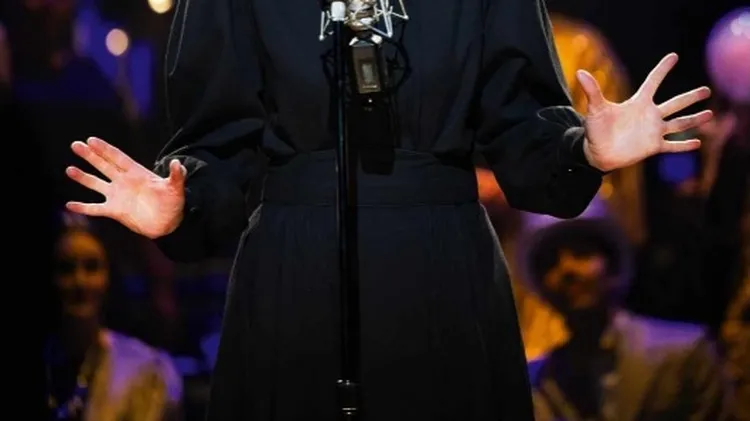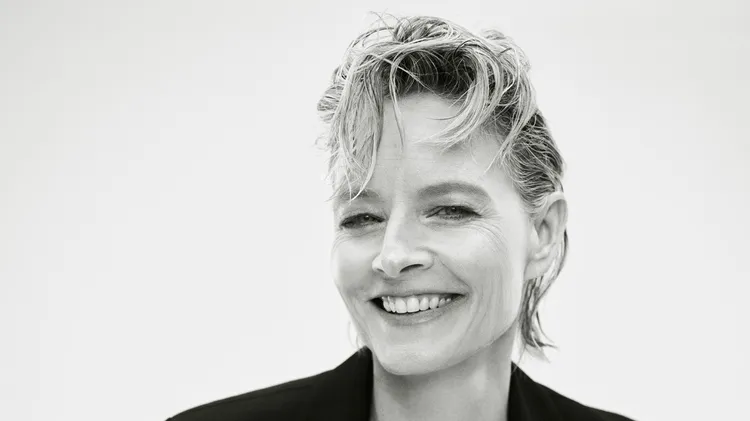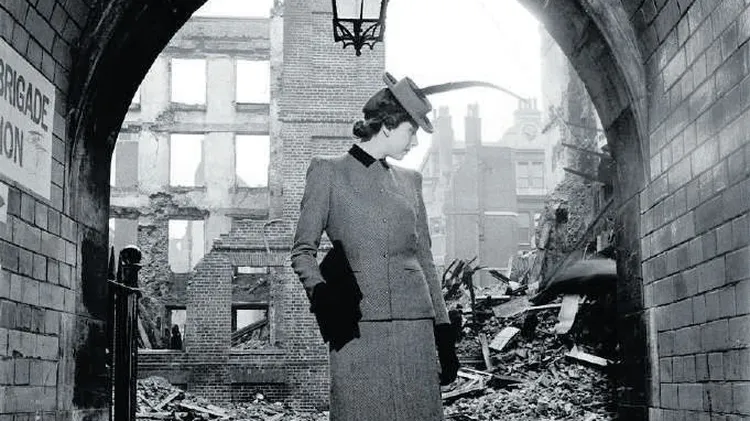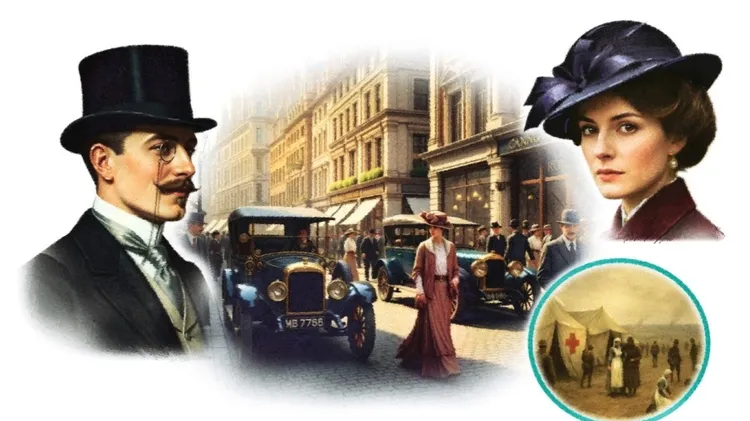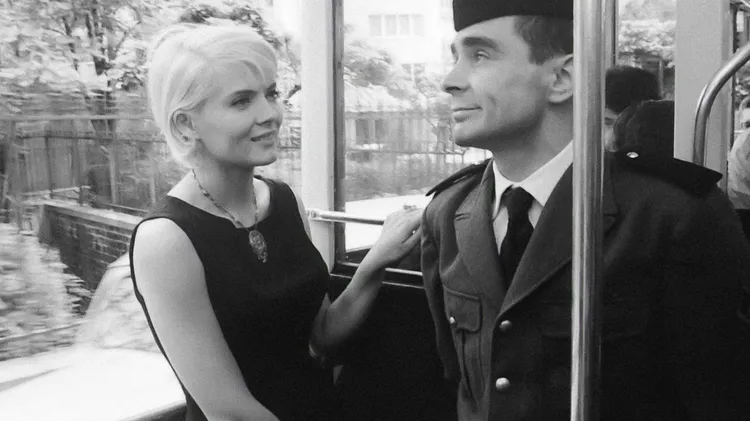Charlie Chaplin’s film A Woman of Paris has a complicated musical past ��
Settling the score
6 min read
This article is from...
Read this article and 8000+ more magazines and newspapers on Readly


